Empathy: A Skill for Leaders.
In a world driven by deadlines and targets, let’s not forget the human side of business.
As Simon Sinek says, ‘Empathy is the most important skill for leaders’.
By understanding and supporting our team members, we foster trust, innovation, and a truly collaborative environment.
Many companies spend time on their brand positioning.
Thinking hard about their values and purpose and what they stand for. But how many leaders truly behave in a manner that reflects them?
 How inspired are they going to be by demands from their leader to perform that are laced with threats, compared to a leader who takes time to ask if everything is ok and if they need help?
How inspired are they going to be by demands from their leader to perform that are laced with threats, compared to a leader who takes time to ask if everything is ok and if they need help? 
Can empathy impact output?
After recently listening to a Reel on Instagram by Simon Sinek about ‘Empathy at Work’, it stirred memories of experiences, good and bad, when empathy had been practised or not, and how a leader’s response had directly affected performance.
We have all, no doubt, at some point in our careers, had performance issues. But more often than not, the timeframe those issues continue has been directly affected by our leaders’ level and understanding of empathy.
To an employee, how inspired are they going to be by demands from their leader to perform that are laced with threats compared to a leader who takes time to ask if everything is ok and if they need help?

We are all human.
We more often than not, don’t know what is going on in other people’s lives unless we ask or try to find out. An employee’s performance might be down to a sick child, problems in a relationship or a dying parent.
Asking if an employee is ok, or suggesting that you are worried about them, could make all the difference.
Empathy is about the human being. It might just affect their output.
Time to Think: Tips to help demonstrate empathy to team members
- Put yourself in their shoes
- Show care + concern
- Acknowledge their feelings
- Ask questions
- Don’t judge
- Show emotional support
Let’s lead with heart and purpose.
Related Posts
Branding a Person
Questions like ‘Why Do I Exist’, ’What Future Do I Want to Help Create’ demand a level of thinking that affects us on a very intimate level.
What Type of Bank Account is your Brand?
Do the experiences your customers have end up in them making a deposit or a withdrawal in relation to your brand?
Your Logo is Not Your Brand
Your brand identity is what connects you to your customers. It is far more than just having a logo to use.





